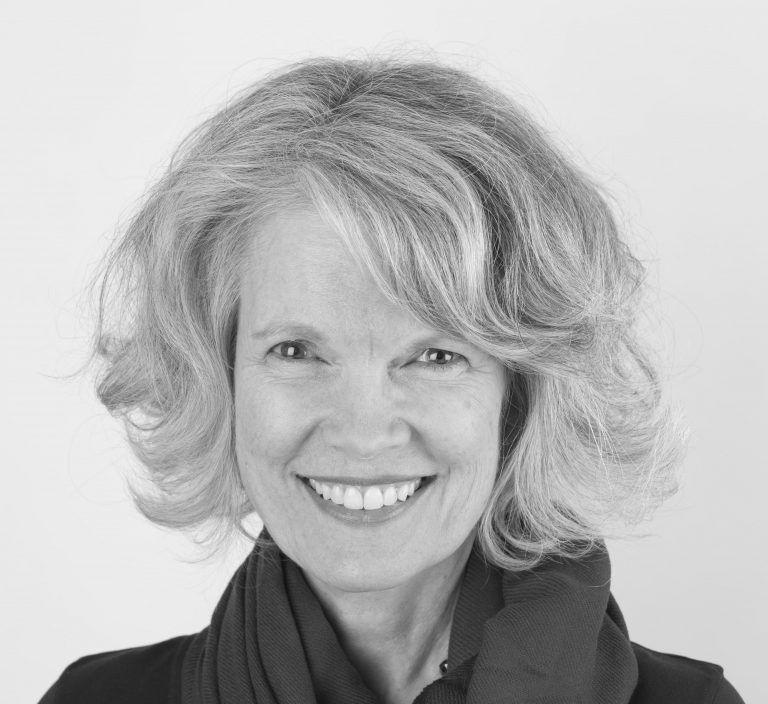Kathryn Matthew, the Doctor of Design Distinguished Fellow at the College of Art & Design, has been named part of the National Council on the Humanities by President Biden.
Matthew joins the Council with Beverly Gage, Vanessa Northington Gamble and David Hajdu from Yale, George Washington University and Columbia University, respectively.
The new members of the Council, the National Endowment for the Humanities’ advisory board consisting of 26 private citizens, were nominated by President Biden in April and October 2021 and confirmed by the U.S. Senate in March 2022.
“(The National Endowment of Humanities) relies on the counsel of individuals like Kathryn Matthew and the other members of the National Council on the Humanities to inform and guide (their) disbursement of Congressionally-appropriated funding to help support the country’s humanities institutions and practitioners,” explained Paula Wasley, the Endowment’s Deputy Director of Communications.
Matthew and the rest of the Council also contribute considerable expertise in grant-making, as well as, community partnerships, Wasley explained.
Founded in 1965, the National Endowment for the Humanities is an independent federal agency created to support humanities projects and cultural institutions through the dissemination of grants funding museums, archives, libraries and historical sites.
Included in the programs the Endowment supports are archaeological research, summer enrichment programs for K-12 teachers and students, as well as, the preservation of cultural records, among others.
Matthew herself is no stranger to these programs and their importance, having previously been named the director of the Institute of Museum and Library Services in 2015 by President Obama. According to their website, the Institute is the primary source of federal support for the nation’s 123,000 libraries and 35,000 museums.
At the Institute, she was responsible for ensuring communities, particularly those of immigrants and parents, had access to libraries as a convening space to reflect historical and cultural identity.
“Museums, libraries and archives serve several irreplaceable roles in our societies. They provide an environment for self-directed learning at your own pace and pathways and encourage multiple ways to explore and absorb knowledge,” said Matthew, who graduated from the University of Pennsylvania and the University of Minnesota with a Ph.D. and MBA, respectively. “Consider how popular story times are in public libraries or the grocery store exhibit in children’s museums!”
Working at LSU, her research involved conceptualizing strategies to demonstrate the impacts of libraries, museums and other institutions, as well as, research into the specific educational, social and economic contributions of cultural organizations.
“When we use the overarching instructional theme of community engagement, there are multiple ways to blend LSU faculty expertise and student research from across departments with those assets that exist within regional museums and other cultural institutions,” Matthew said. “And we can expand outreach through those museums and cultural institutions into their communities such as through internship opportunities.”
One of her most significant initiatives is her advisory role to St. David’s Foundation and its “Libraries for Health,” focused on public libraries as hubs for mental health services in underserved and rural communities.
Matthew sees cultural organizations and institutions like this as catalysts for vibrant communities, a theme she elaborates on further in her book, “Fundraising for Impact in Libraries, Archives, and Museums: Making the Case to Government, Foundation, Corporate and Individual Funders.”
The book, published in 2021, helps to make sense of the value citizens provide to their community and vice versa, she explained.
Serving as a road map to those who fund institutions such as libraries and museums, “Matthew emphasizes how vital it is for them to demonstrate and communicate how they benefit their communities,” the book’s description reads.
“They act as hubs within community networks to strengthen our social fabric and encourage mutual understanding and dialogue,” Matthew said.
Matthew’s work with both LSU and the Institute reflect her belief in the ability of government-funded programs to be ample tools to help lift up cultural education and understanding among citizens, young and old.
Community engagement, a large theme of the Endowment’s work, as well as, Matthew’s philosophy, was the core of her work at LSU, where she blended faculty expertise and student research with assets from regional museums and cultural institutions.
LSU professor nominated to National Council of the Humanities by Biden administration
June 27, 2022







